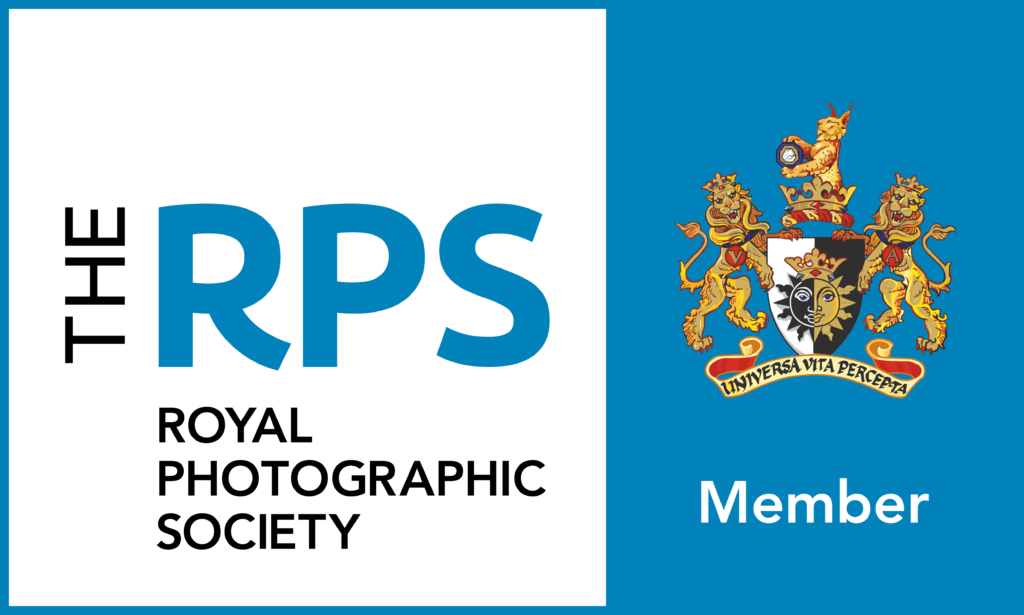Boosting our faith through prayer
A reflection on the readings for the Eucharist for the Sunday between 3rd and 9th July, Year B.
God permits thorns for a reason
Like all saints, St Paul was not perfect. They, like us, are human beings who had to face problems, hardship, suffering, and temptations. They did not live carefree lives; in fact, it was their very challenges and failings that God used to make them into saints. This is what St Paul is telling us in the Epistle reading. He says that although God has given him extraordinary mystical experiences, God has also given him a “thorn in his flesh, an angel of Satan to beat him.” St Paul prayed repeatedly for God to remove this thorn, but God refused in order “to keep him from being too elated.”
This strange passage raise two questions.
First of all, what was this thorn? Well, no one really knows. Scholars have many theories. It may have been a physical ailment of some kind; a particular temptation like lust or greed; or discouragement he constantly felt from being rejected by his Jewish confreres; or it may have been his fiery temperament which tended to get him into trouble. Whatever it was, it was continual source of pain and irritation to St Paul.
Secondly, why didn’t God take this thorn away? St Paul tells us that it continualy reminded him of his human weakness, inspiring him to depend more fully on God’s grace. This is what he means when he writes, “when I am weak, then I am strong.” This should be a comforting thought for us. It means that our thorns, whatever they may be, are not signs of God’s anger or displeasure, but signs that he is teaching us, as he taught St Paul. Teaching us true wisdom, the wisdom of humility and trust in God.
Doctors and dentists
The ancient Fathers of the Church used to call Our Lord Jesus Christ, the Doctor of the Soul. That’s a comparison that can help us understand this idea.
Sometimes, doctors and dentists have to cause temporary discomfort or pain to bring about long-term health. The cut of a surgeon’s knife hurts, but it leads to healing and strength in the long run. Medicine that a doctor prescribes can taste bitter and harsh, yet this same medicine will cure the sickness that is much more dangerous. The thorn that St Paul mentions in the Epistle is like the surgeon’s knife or the bitter medicine. As painful as it is, he recognises that God is permitting it for a reason: to cure him of his tendency to arrogance and self-absorption. Likewise, when God allows difficulties to plague us, he is not absent from them, but at work through them, like a good doctor with a scalpel.
Once we learn this lesson, we will be able to say with St Patrick,
“Whether I receive good or ill, I return thanks equally to God, who taught me always to trust him unreservedly.”
Confessions of St Patrick
Boosting our faith through prayer
We can only experience the interior peace and freedom that Christ wants for us when we learn to accept our limitations, the thorns that God permits in our lives.
This was not an easy thing for St Paul. It was only after many years of suffering and working for Christ’s Kingdom that he was able to write this beautiful sentence: “Therefore, I am content with weaknesses, insults, hardships, persecutions, and constraints, for the sake of Christ; for when I am weak, then I am strong.”
Accepting limitations and the thorns that God permits is not easy for us either. It is only possible, if we become men and women of prayer.
Prayer connects us to the source of all wisdom and strength, God himself. In the midst of his pain, where did St Paul turn? He turned to prayer, “Three times I begged the Lord about this…” And it was through his prayer that God spoke to his heart, telling him, “My grace is sufficient for you, for power is made perfect in weakness.” Prayer is for the soul, what breathing is for the body. In prayer we receive supernatural oxygen that keeps our faith healthy, and only healthy faith makes visible the hidden wisdom of God.
There are many resources around to assist us with our prayer. There is the Church of Ireland daily worship app, or that of the Church of England. Others may find the Universalis app which has the daily prayer of the Roman Catholic Church useful as well. Of course, there is the Book of Common Prayer, which has simple offices that we can say.
We may find ourselves able to use the “Jesus Prayer”,
Jesus Christ, son of God, have mercy on me, a sinner.
Many people say this over and over and over again daily as they go about their daily lives. Others find the Rosary of the Blessed Virgin Mary helpful. Whatever prayer we use, it is centred on Christ, and through Him we find our support and receive our spiritual oxygen.
In the Gospel today, St Mark tells us that Jesus “was not able to work any mighty deed” in Nazareth, “because of their lack of faith.”
If we make prayer a high priority, we will never lack faith. God will be able to work many mighty deeds in our lives, even in the midst of our thorns. As Jesus renews his commitments to us in the Eucharist, let us thank Him for our thorns, and ask Him to teach us to pray.
Readings
Ezekiel 2: 1–5; Psalm 123; 2 Corinthians 12: 2–10; Mark 6: 1–13












